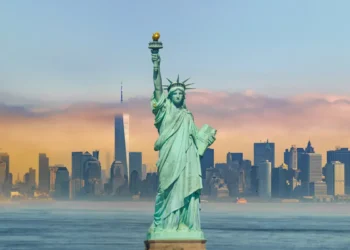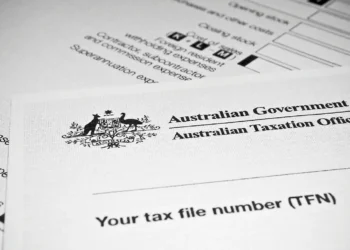Inside Asian Gaming has in recent weeks been hearing increasing chatter around a possible move by Vietnamese authorities to introduce enhanced locals gaming to the market. Although such rumors have made the rounds before, inquires have confirmed that the chatter has spread long and wide, with multiple sources claiming they have heard similar rumblings from the powers that be.
While it is not yet clear exactly what this supposed policy change might look like – whether another pilot period for select operators or something more substantial – such a development could be truly transformational for Vietnam’s land-based gaming industry, thrusting it into the realm of Asia’s powerhouse jurisdictions alongside Macau, the Philippines and Singapore.
As it stands, Vietnam remains very much a sleeping giant. From a policy perspective, it has been a case of “two steps forward, one step back” – with true progress constrained by a government that recognizes the tourism potential offered by large-scale integrated resort developments but remains wary of the societal dangers posed by gambling.
This unsustainable balancing act is ultimately what led to the issue in 2017 of Decree 03/2017/ND-CP, which essentially granted permission for Vietnamese citizens to gamble under a three-year pilot program at two approved casinos, albeit under certain strict conditions.
It seemed at the time like a major legislative breakthrough, but as always the devil is in the detail. Of the two casinos named to take part in the pilot program, one of them – in Van Don, Quang Ninh province – had not even been built yet and still hasn’t to this day. The other, Corona Resort & Casino, is remotely located on Phu Quoc Island in an area already favored by tourists over locals.
Perhaps it was fated that the aptly-named Corona would see its three-year trial interrupted by the COVID-19 pandemic, ensuring the program’s success would be near impossible to gauge after it was officially wound down on 1 January this year.
The reality of Vietnam’s pilot program is that it was never given any real chance to succeed. If it’s another pilot program that authorities are considering, they would be well advised to give more careful consideration to which locations might best serve the purpose.
And yet, such is the promise that Vietnam offers, a handful of developers have been willing to invest upwards of US$2 billion each on the mere hope that locals are eventually allowed unfettered casino entry. One of those, Ho Tram – located around two hours by car outside Ho Chi Minh City – was even part of MGM Resorts’ global expansion plans when ground broke over a decade ago, before the US casino giant pulled out of the deal. Still, the property remains one of the most visually appealing in Asia, if not for the time being the most populated.
Likewise Hoiana Resort & Golf near Hoi An is also looking for that locals spark, after its original vision as a destination for Chinese high-rollers hit a major stumbling block – namely the collapse of the Macau junket industry.
Clearly, the “build it and they will come” strategy has not yet worked in Vietnam. Perhaps, by opening the door to locals, it may instead be a case of “better late than never”.






























